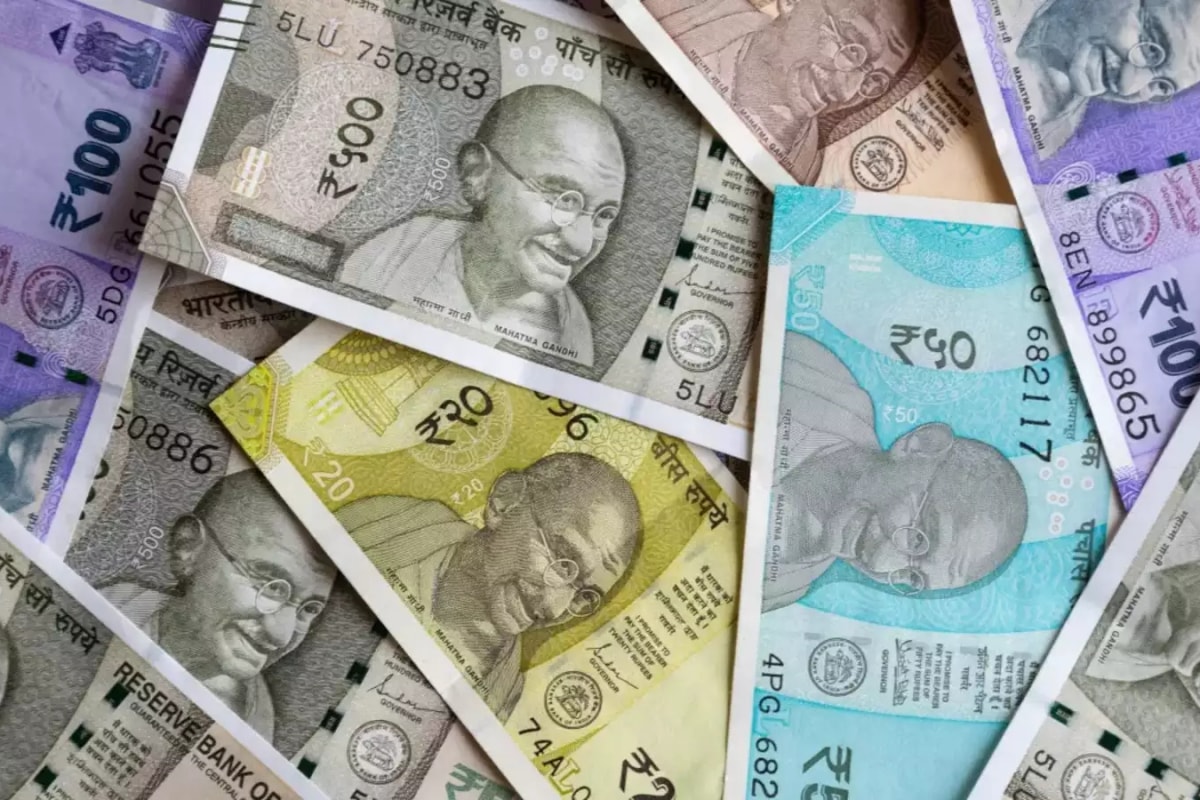
Known for their rich flavour and chewy texture, dates are not only a delicious snack but also a nutritional powerhouse. Packed with fibre, protein, and potassium, dates have a low glycemic index and so they help improve glucose metabolism and insulin sensitivity in diabetics. These dried fruits also lower bad cholesterol and reduce the risk of heart disease.
How many dates a day are good for your health? According to experts, dates have a high level of key micronutrients—but you need to be mindful of how many you eat. Eating too many can contribute to excess calorie intake. The average portion size of dates is just 100 grams, or the equivalent of about four Medjool dates.

So, you should not consume a whole package to get the health benefits. Related News | When Avoiding High Sugar Diet Do You Know What Types Of Dates To Eat And Avoid?Diabetes Management: 7 Easy Ways To Manage Blood Sugar During The Festive SeasonFour Medjool dates contain around 277 calories and 66 grams of sugar. And so, since they are high in sugar, experts suggest you need to eat just one or two large or three small dates, which is about 50 grams and provides half the sugar and calories.
While two dates a day is a perfectly fine portion size, it does not necessarily mean you will be instantly healthier. Dates improve gut health, cholesterol, and blood sugar levels Related News | Eating THIS Delicious Nut Before Meals Reduces Glucose Spike In Those With Type 2 DiabetesAccording to experts, pitted dates generally do not have added sugars in them, but they still can contain a significant number of natural sugars in the form of sucrose, glucose, or fructose. But since they are high in fibre, dates are any day a better snack than sugary sodas or other processed foods.
Fibre slows the absorption of glucose in the bloodstream, and a low glycemic index causes a smaller spike in blood sugar values. Some research also says eating lowers your cholesterol and triglycerides levels, but in smaller amounts. However, they immensely help your gastrointestinal tract and should be eaten in combination with other fibre-rich foods, specifically those that are lower in sugar, like leafy greens, non-starchy vegetables, legumes, nuts, seeds, and whole grains.
Adding dates as snacks to your diet can also benefit your microbiome, the naturally occurring microbial cells present in your GI tract. Eating too many dates can also cause diarrhoea. What should you do if you don’t like dates? Many people do find eating dates on a daily basis unappealing, but according to nutritionists, there is no reason you cannot find other similar dried or fresh fruits to have more benefits.
You can always alternate with prunes, figs and apricots, even though their fresh versions are an even better choice as they are much lower in calories..















